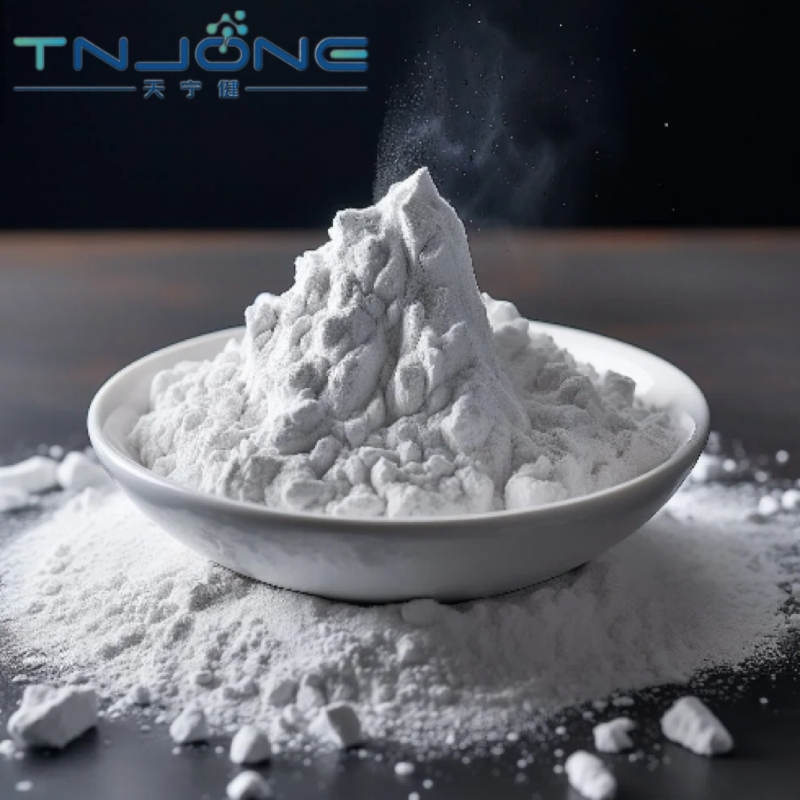-
Categories
-
Pharmaceutical Intermediates
-
Active Pharmaceutical Ingredients
-
Food Additives
- Industrial Coatings
- Agrochemicals
- Dyes and Pigments
- Surfactant
- Flavors and Fragrances
- Chemical Reagents
- Catalyst and Auxiliary
- Natural Products
- Inorganic Chemistry
-
Organic Chemistry
-
Biochemical Engineering
- Analytical Chemistry
-
Cosmetic Ingredient
- Water Treatment Chemical
-
Pharmaceutical Intermediates
Promotion
ECHEMI Mall
Wholesale
Weekly Price
Exhibition
News
-
Trade Service
4-(4-broMo-3-(hydroxyMethyl)phenoxy)benzonitrile, commonly referred to as PBN, is a chemical compound that is widely used in the chemical industry.
It is known for its excellent thermal stability, high energy density, and good insulation properties, which make it ideal for use in a variety of applications.
However, the use of PBN has also raised concerns about its safety, particularly with regard to its potential toxicity and environmental impact.
PBN is classified as a type of nitro aromatic compound, which are known to be highly explosive and sensitive to shock and friction.
As a result, proper handling and storage of PBN are essential to ensure its safety and prevent accidents.
In addition, PBN should be handled with gloves and protective clothing to prevent skin contact, and proper ventilation is necessary to prevent inhalation of dust or vapors.
One of the main concerns with PBN is its potential toxicity.
Studies have shown that PBN can cause skin irritation and allergic reactions in some individuals, and inhalation of vapors or dust can cause respiratory problems.
Long-term exposure to PBN has also been linked to an increased risk of cancer, particularly in the lungs, bladder, and liver.
Another concern with PBN is its potential environmental impact.
PBN is not readily biodegradable, which means that it can persist in the environment for a long time and accumulate in soil and groundwater.
In addition, PBN can be toxic to aquatic organisms, and its use has been linked to the decline of certain species.
To mitigate the risks associated with PBN, it is important to follow proper safety protocols when handling and storing the chemical.
This includes wearing protective clothing and gloves, using proper ventilation, and following proper disposal procedures.
In addition, workers should be trained in the safe handling and use of PBN, and regular safety audits should be conducted to ensure compliance with safety standards.
It is also important to consider alternative options for PBN whenever possible.
There are some alternatives to PBN that have similar properties but are less toxic and environmentally friendly.
For example, PBN can be replaced with oxidizers such as ammonium perchlorate, which are less explosive and have a lower risk of environmental impact.
In conclusion, PBN is a useful chemical compound with many applications in the chemical industry.
However, its use also comes with risks, particularly with regard to its potential toxicity and environmental impact.
By following proper safety protocols and considering alternative options whenever possible, the risks associated with PBN can be mitigated and its safe use ensured.
It is important for workers in the chemical industry to be aware of the potential hazards associated with PBN and to take steps to protect themselves and the environment.







